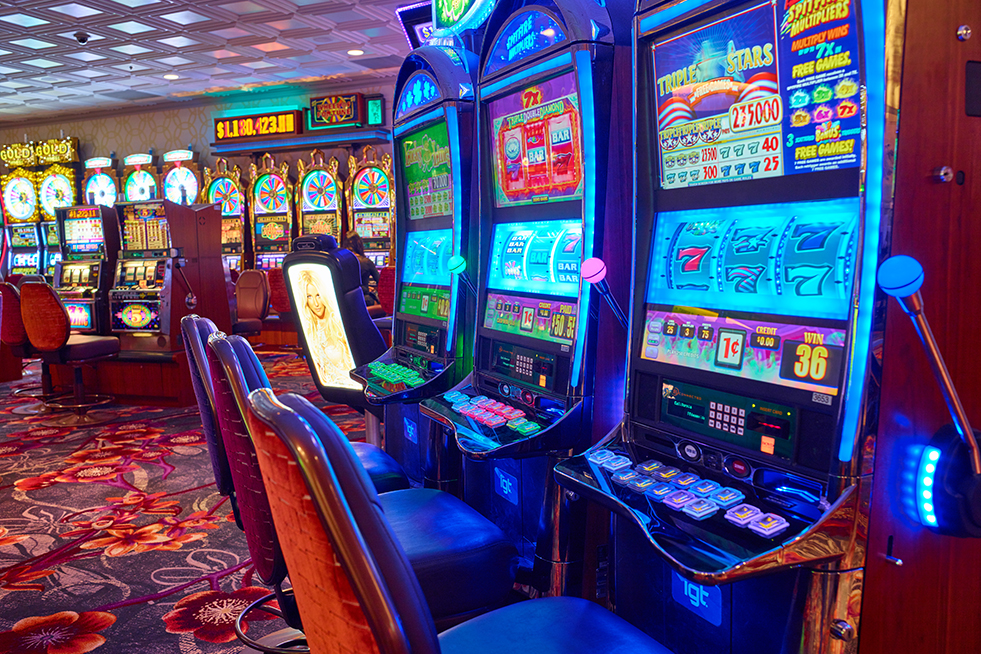
Casino gaming has long been a topic of interest and controversy, drawing in millions of players around the world. With a blend of chance, skill, and the thrill of uncertainty, casino games offer an exhilarating escape from everyday life. However, as entertainment becomes ever more available, it calls for a more thorough examination of the morality surrounding these games.
At the heart of the debate lies the issue of whether casinos promote safe gambling or take advantage of vulnerable individuals. The appeal of potential winnings versus the reality of losses can create a complex situation, and understanding this balance is crucial for both players and operators. As we delve into the ethics of casino gaming, we will explore the duties of casinos, the impact on society, and the steps that can be taken to foster a healthier gaming environment.
The Impact of Casino Gaming on Society
Casino gaming has a considerable influence on the community, affecting not only the economy but also social behaviors and local frameworks. The income generated from casinos can lead to employment opportunities and boost regional economies, as they provide numerous employment opportunities in different sectors including hospitality, leisure activities, and shopping. However, while the financial benefits can be significant, communities often grapple with the potential negative impacts that arise from increased gambling activity.
Additionally, the presence of casinos can lead to an rise in gambling addiction, presenting serious challenges for individuals and families. The excitement of casino games can quickly transform into a compulsive habit, affecting personal relationships and leading to monetary issues. Many individuals may struggle with the loss of control over their gambling behaviors, resulting in a need for assistance programs and interventions to address this growing issue. The social cost of gambling addiction can extend through kinships and neighborhoods, creating an urgent need for sensible gambling approaches.
In addition to the economic and social consequences, casino gaming often reflects cultural attitudes towards uncertainty and entertainment. It can foster a sense of excitement and leisure, attracting visitors and boosting tourism. However, this allure may also conceal the broader implications of gambling as a method of entertainment, provoking ethical questions about its advertisement and accessibility. As communities weigh the advantages and drawbacks of casino gaming, the need for responsible practices and regulation becomes increasingly critical in ensuring that the positive aspects are enhanced while minimizing the negative effects.
Ethical Issues in Gambling Practices
The morality of gambling gaming often center around the risk for dependency and its consequences on people and households. Betting can lead to significant monetary distress, impacting not only the betters but also their loved ones. As people become entrapped in the appeal of winning, many lose sight of their budget, which can result in devastating results such as insolvency. This raises ethical questions about the responsibility of casinos in fostering responsible gaming practices and providing support for those who may be struggling with gambling addiction.
Another critical concern is the advertising of betting to vulnerable groups. Casinos often aim at low-income people or neighborhoods with the offer of quick rewards, which can continue patterns of poverty and hopelessness. In this situation, the ethics of marketing strategies used by gambling establishments come under examination, as they may exploit the need of people seeking an way out from financial hardships. This exploitation raises ethical questions about the integrity of the betting industry and its responsibility to protect its most vulnerable customers.
Additionally, the effect of gambling gaming on the community as a entirety cannot be overlooked. While some argue that gambling establishments create jobs and stimulate local economies, others point to the social costs associated with dysfunctional betting, increased criminal rates, and a burden on public resources. Balancing financial advantages with the potential for community issues presents a challenging ethical dilemma for policymakers and casino operators alike. The difficulty lies in discovering a ethical approach that prioritizes the welfare of people and communities while still permitting for the enjoyment of gambling activities.
Regulatory Framework and Responsibilities
The legal framework related to gaming activities is developed to ensure fairness, integrity, and player safety. Different government entities and gambling commissions create and enforce regulations that dictate how casino operations operate, the criteria for game creation, and the processes for handling prizes. These regulations vary by jurisdiction but commonly involve permit requirements for businesses and strict measures to avoid fraud and scams.
In addition to regulatory bodies, casino operators bear considerable responsibility in maintaining ethical standards within their establishments. They must implement ethical player practices that promote player protection and awareness, including providing self-exclusion options and sharing information about the hazards associated with gambling. Establishments are also obligated for training staff to identify signs of compulsive betting and understand the proper actions to assist visitors in distress. BJ88
Furthermore, openness in casino operations is essential for gaining and keeping public trust. Casinos should provide clear details about the chances of operations, advertising opportunities, and any related hazards. By fostering an atmosphere of integrity and accountability, operators can help mitigate the likelihood adverse impact of gambling while improving the general betting experience for all players.
